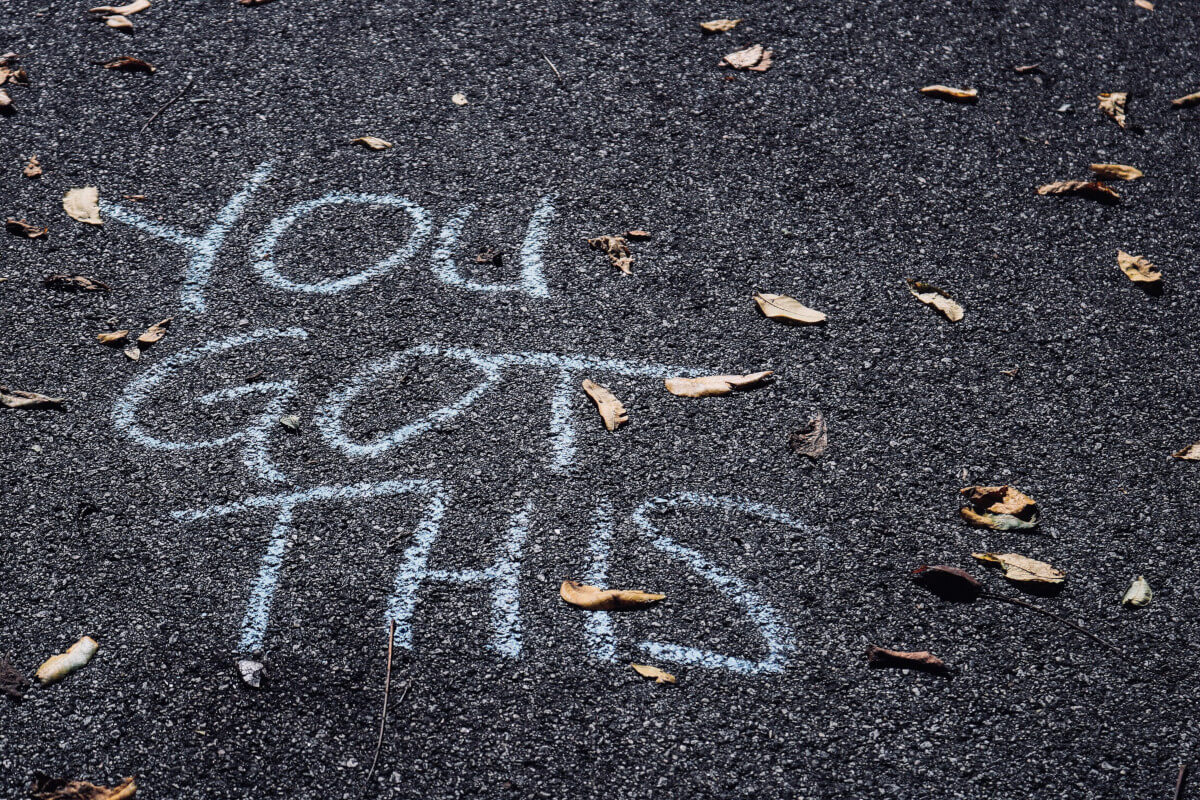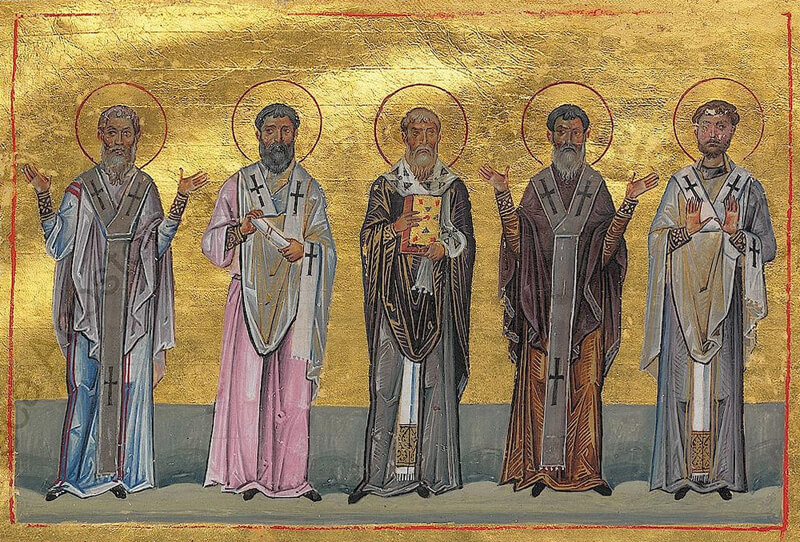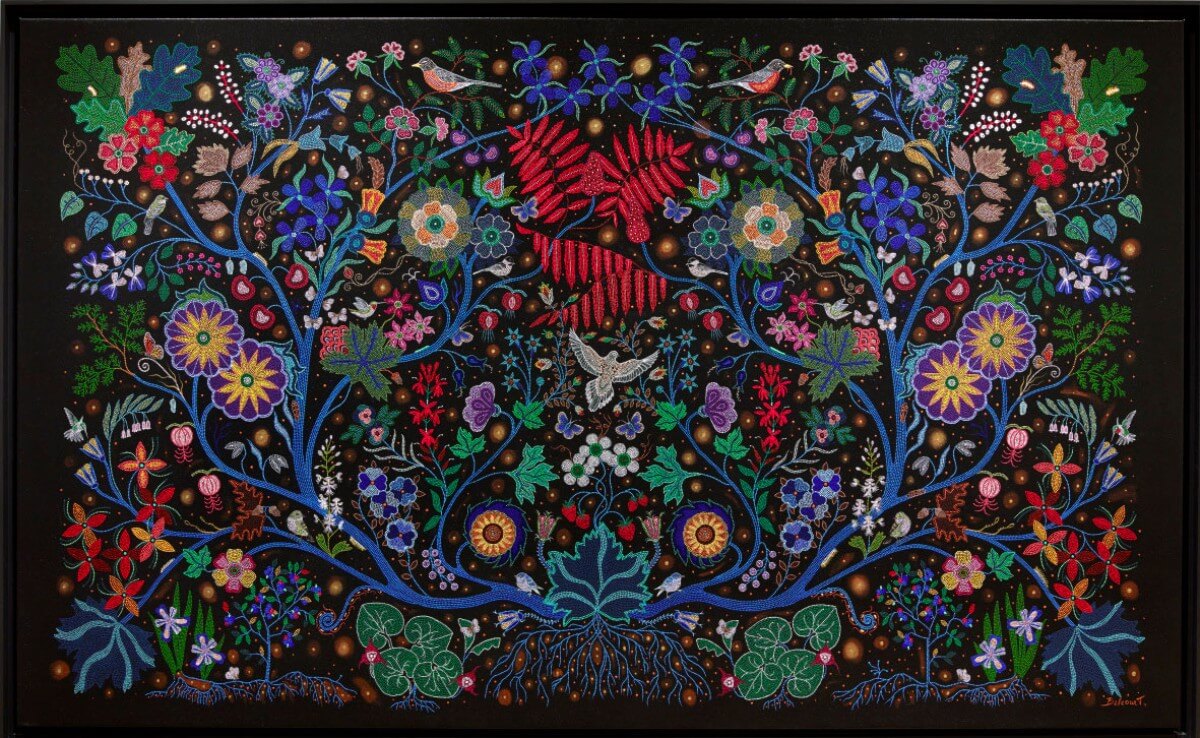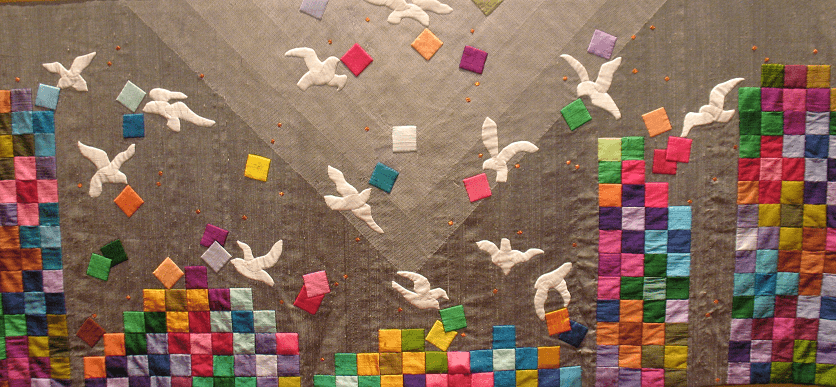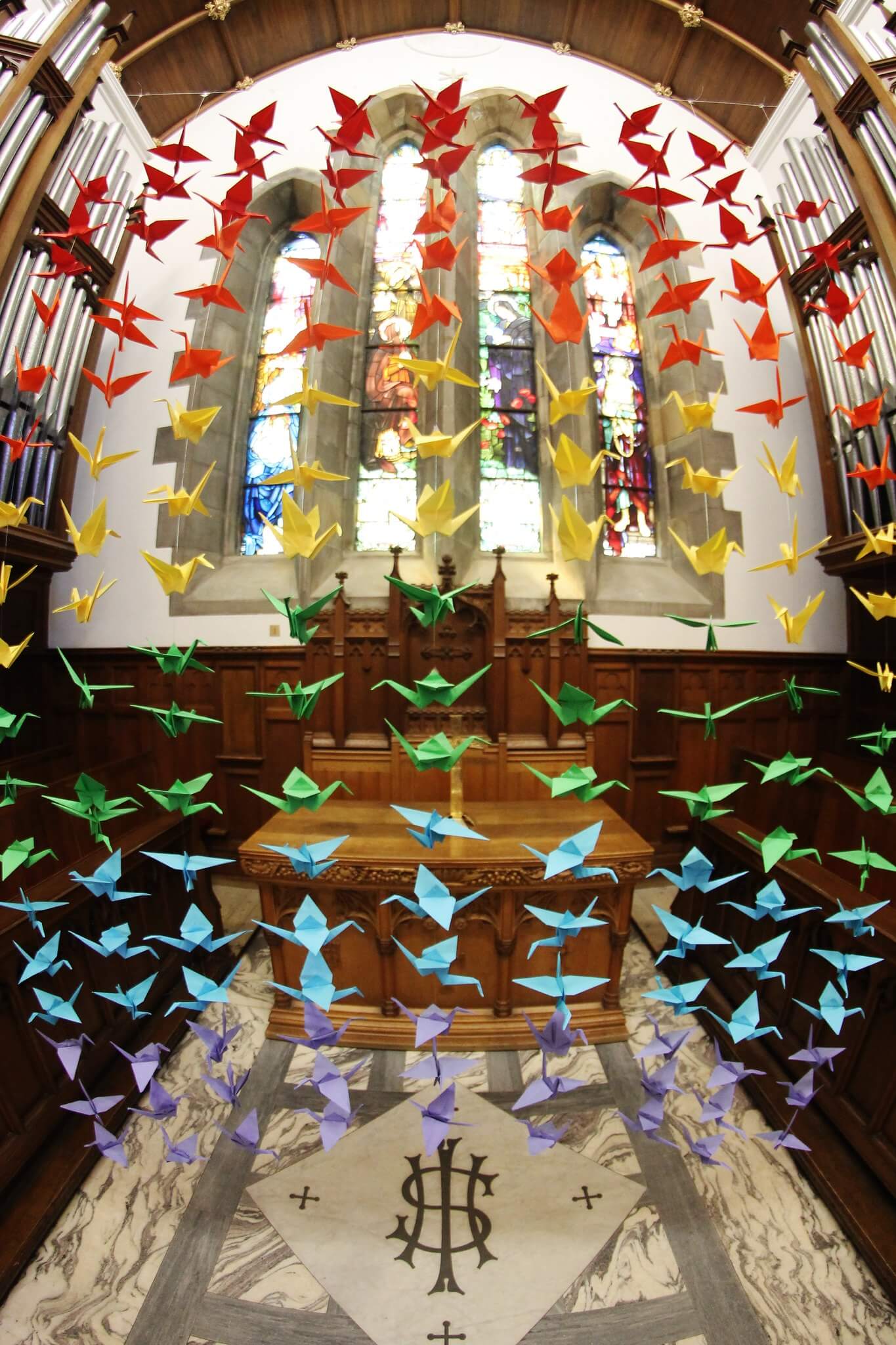This morning we have hearty Hebrew scripture text and I am going to invite us to dig into it. I suggest that you have it in your hands. This is a text from which I suggest we can make a dynamic analogy. We can recognize some elements in the context of that biblical time that resemble our own. And therefore, we can harvest some insights forward to our own day.
What is the context?
This is part of the book of Isaiah referred to as Third Isaiah—potentially the third writer voice. The period is “post-exilic,” meaning the time that the Israelite people were returning after their exile in Babylon (following the Fall of Jerusalem). What we have come to understand is that it wasn’t all the people that were exiled. The exiled ones were essentially the religious and political elites—scribes, managers, political leaders, religious leaders. The peasants–they actually remained in the land, scraping out a living.
So—those on the right, you are the religious and political elites. You on the left, you are the peasants who stayed and tried to survive.
The elites then return. They have big dreams of what Isaiah often refers to as the “new thing,” but they also come back with anxieties. Was exile a punishment for their sins? In their return, the elites are intending to establish their claims to land, and social, political and religious status.
But they have to deal with the peasants. They have to come to grips with the people who stayed there. People who, over time, with the elites not looking over their shoulder were no longer practising rigid ethnic or religious purity—they had got a little liberal and inclusive. The peasants were okay with foreigners among the people of Israel. They did some intermarrying. They were potentially more religiously inclusive to sexual minorities like eunuchs. They were kind of letting some of that purity stuff slide just to get by while the elites were away.
So when the elites (with their dreams, anxieties and claims) return with a “reinstate and rebuild” agenda, we get a bit of a conflict. The elites start to enact oppressive economic practices on the peasants. Rivalries begin to test inclusivity. The big question that emerges is this: will there be a just and inclusive reconstruction or is the “new thing” really just a return to economic injustice and old exclusions relation to religious identity?
The prophet–you at the back represent the prophet–make an intervention invoking the word of God. It is a kind of “smarten up” proposal with three parts: critique; guidance; promise.
Criticism vv1-5: The criticism is centred against hollow or even deceptive religious practice. Out of religious anxiety the elites are trying to be particularly pious. The prophet’s view is that, yes, you practice fasting, a deep spiritual practice, essentially a kind of repentance, but at the same time you are conflictual and repressive. That’s doesn’t cut it for me; you have become pious oppressors. The prophet’s message is that unless religion embodies love of neighbour it is considered hollow; unless repentance changes reality for the neighbour it is not a return to God.
Guidance vv6, 7, 9, 10: The If of the text. The prophet proposes that instead of pietistic ritual this is what is needed:
Liberation: Verse 6 is all bout liberating oppressed people, i.e., in contemporary terms civil and political human rights.
Just Distribution: Verse 7 is all about sharing resources, i.e., in contemporary terms economic and cultural rights or economic justice
At the foundation is the concept of kinship—“do not hide yourself from your own kin”—speaking of mutual obligations and responsibility across human community. For the prophet being right with God is less individual piety and more collective responsibility.
Changed Attitudes: Third piece of guidance is in verse 9, reminding the community to transform in word, as well as deed. They are called to end the “pointing of the finger and the speaking of evil.” As John Oswalt summarizes, “oppression of the poor and the weak will not stop ultimately until they are no longer seen as objects of scorn and contempt, as pitiable victims. They must be seen as people of worth and dignity, brothers and sisters under God.”[1]
Deeds, and words, and underlying attitudes—all need transforming
Land as Gift: The final piece of prophetic guidance in Verse 13 reminds the community of Sabbath observance. Here’s where the scope extends beyond the human. Real sabbath was about remembering dependence upon land as gift. Sabbath is that “micro-jubilee” every week, a reminder to let land and people rest, rather than continue oppression of people and the land.
Prophetic Guidance is:
· Change your deeds—liberate, share!
· Change your words and attitudes.
· Remember your dependence on the land and the Creator.
What I love best about this text, is that while the guidance is clear, so also is the description of the promise. Justice is a precursor to restoration
Promise vv 8,9, 10a -12: The Then of the text.
Healing and Accompaniment: Verses 8-9 promise that healing and accompaniment will flow from commitments to acts of liberation and solidarity: wounds will be healed and cries answered
Restoration: Verses 10a-12 confirm restoration that is personal—needs met, bones strong, thirst quenched—but also collective, resulting in peoples and communities repaired, built up through a justice that leads to communal solidarity.
Really interesting here is the promise that if you are part of the rebuilding—if you commit to making justice—this sense of healing and wholeness will come to you and bring about reconciliation to God. Verse 14 promises “a delight in the Lord” affirming that God is deeply present where there are communities of mutuality, of right relations with people and the earth.
The theological arc of this passage is the movement from pious oppression to faithful right relations, through liberation, mutual responsibility, and true kinship with peoples and the earth. The transformation the prophet confirms as possible is so audacious it will change the name of the community to one more reflective of their new capacity for collective restoration—“the repairer of the breach, restorer of streets to live in” (58: 12).
This is an interesting text on its own—as a reminder of the rich prophetic tradition of the Hebrew scriptures that is our challenge but also our promise.
But I believe it also has some “today” connections. There are some broad similarities in context (even across the great chasm in time) and some helpful insights
In many ways in Canada right now, because of the understanding of colonial genocide brough by the TRC and MMIWG National Inquiry Report, because of the sense of climate catastrophe; and perhaps even because of the changing demographics of Canada, including in the church, the progressive, the faithful, are are looking for that “NEW THING.” Reconciled relationships between peoples and the earth. Religion with integrity and relevance.
But these dreams (maybe even these anxieties of what will come if we don’t change) come face to face with realities of continued oppression and material injustice. Prime Ministerial words about a just and inclusive community or about commitments to our climate obligations meet settler denial, oil industry opposition, and chasms of inequity, racism, and colonial theft. Dreams of reconciliation meet ongoing participation in colonial genocide and ecocide. Current rhetorical “piety” by settlers, such as reconciliatory “talk” or living sustainably “talk” gets undermined by continued participation in oppression. One clear example of this is the ongoing drama in the most progressive province in the country—rhetorically most progressive on ecology and on Indigenous rights. And yet, the RCMP go in by force to arrest land defenders and rights bearers. The photos quickly undermine a lot of nice “pious” words.
In the church, words of apology and repentance for past deeds come up against recognition of the colonial wealth of our buildings or remnants of exclusion in our worship and our institutions. Note that the other reading of this Sunday, Matthew 5: 13-20 was an inspirational text to the Puritans on Turtle Island. In striving to be that “city on the hill, that light that could not be hidden they construed the “other”—Catholics, Indigenous peoples—as darkness. Spreading their light was justification for violent dispossession of the people of the land.
We crave a new, “new thing”—and yet there is so much about Christian colonialism that we have to face….
Who are we? Here at Holy Trinity we prefer to be peasants and not the elites, but its pretty hard for many of us to hold to that position given our privileges, our past and present connection to colonial extracted wealth and to established religion and its sins. Let’s try to align with the words of the prophet—to find ourselves there, perhaps in a remnant of our faith that we can still believe in. Perhaps we can find ourselves in the prophetic instruction—critique, guidance promise–maybe if only to say these words to ourselves.
For me they go a little like this:
Creator: Help me keep an eye on my faith, my religious practice. Make it consequential. Not a pious, hollow kind of thing, but a faith filled up with love of neighbour in justice and care. Make my repentances—for my own or my ancestors’ participation in injustice–matter in acts of systemic change—even of reparation.
Creator: Press me to the tasks of liberation of sharing of resources, of change in words and attitudes, of practising gratitude for the land. Press me to the renewal of kinship—not an insular, my own family-only kind of thing–but a working across difference in shared action and community.
Creator: Remind me of the promise, of healing and wholeness, personal and communal. If we practise justice…then…. I need the promise of then. Help me to see the daily gifts of grace that come from persisting in justice and struggle. Remind me that in any case of historic injustice—commitments of integrity may, with divine grace, turn the name enemy to friend, oppressor to ally.
I get that we are doing this already, perhaps. Or I get that the last thing someone needs when overwhelmed with the daily tasks of their life is to feel guilty based on a prophetic word.
For me I think of it more like a “you got this” or a “you know this” or a “lets helps each other keep trying to be and do this.” Maybe more like a reminder to be a Third Isaiah person or community whose acts of justice and love kindness, however humble and small, help restore genuine community solidarity. To be a person or community where people might over time say “we recognize you”–repairers of the breach, restorers of the commons—”we see you faith, we see you church”—and maybe some of well earned distrust of religion begins to fall away.
Holding
tight to the promise, we must keep turning from colonial and extractive piety to
a faith of justice and right relation, a faith that perhaps is still to find
its name.
[1] Oswalt, John N. The Book of Isaiah: Chapters 40-66. Grand Rapids, MI and Cambridge:
William Eerdmans Publishing Company, 1998, 122.

